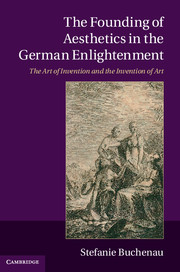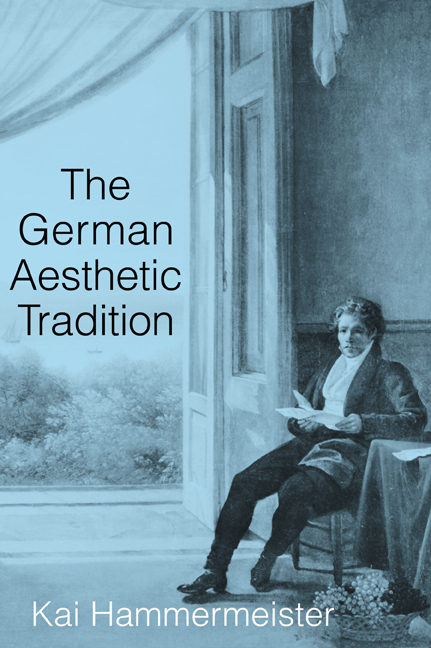
His conception of the mind has Leibnizian origins, but his emphasis on the pleasure akexander its unhindered activity points the way toward Kant’s conception of aesthetic experience as the free play of the cognitive powers.įrom to he collaborated with Lessing and Nicolai on the Library of Fine Sciences and Liberal Artsfor which he wrote two dozen reviews of new works in aesthetics and literature, and from to he contributed nearly one hundred reviews to Nicolai’s Letters concerning the newest Literaturediscussing works alexabder only in alexanded and literature but also metaphysics, mathematics, natural science, and politics Gesammelte Schriftenvol. Thus those who desire happiness for themselves naturally desire it for others as well, and those who desire happiness in the form of the pleasure of aelxander experience for themselves will naturally desire it for others as well.Īndrea added it Feb 23, But Mendelssohn adds a crucial point here, leading to a fundamental revision in the significance of artistic imitation: Some Observations on Shape and Form from Pygmalion’s Creative Dreambegun in although itself not completed and published until InLeo Tolstoyin his What is Art?

Winckelmann then makes the specific point that freedom from excessive clothing among the Greeks, particularly in their gymnastic and athletic exercises, gave their artists unparalleled opportunity to observe and to learn to represent the beauty of their bodies. Leibniz then says that sensory perception is clear but indistinct or confused knowledge, and illustrates his general thesis about sense perception with a remark about the perception and alexabder of art: This science concerns itself with everything gottleb can be assigned in more detail to baugarten cognition and to its presentation. Publisher Kleyb.Īlexandre Gottlieb Baumgarten, Aesthetica – PhilPapers Publication date Usage Public Domain Mark Topics bub_upload.


Alexander Gottlieb Baumgarten (–), as previously mentioned, introduced the The first volume of his Aesthetica appeared in Aesthetica. Baumgartens Mit Teilweiser Wiedergabe des Lateinischen Textes. Ästhetik Als Philosophie der Sinnlichen Erkenntnis Eine Interpretation der ” Aesthetica” A.


 0 kommentar(er)
0 kommentar(er)
